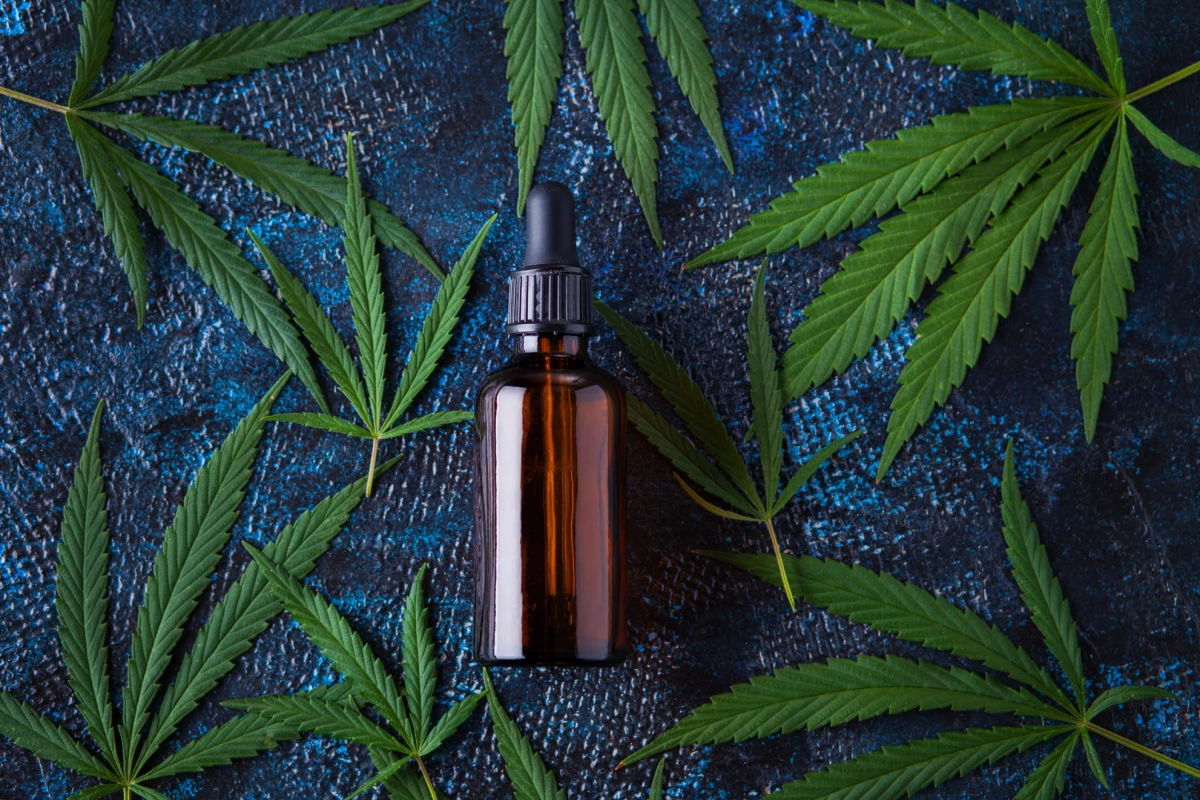Positive results from the world’s first clinical trial testing the potential for cannabidiol (CBD) to treat cannabis addiction suggest daily use of medical-grade CBD is both safe and effective at reducing problematic cannabis consumption.
The results of the phase 2a, double-blind and placebo-controlled trial were published in The Lancet Psychiatry. The first phase of the trial tested three doses of CBD – 200 mg, 400 mg or 800 mg – against a placebo.
The researchers quickly identified 200 mg to be an ineffective dose, so a second phase of the trial recruited more subjects to test the two higher doses. In the end, 82 subjects with moderate to severe cannabis use disorder were recruited.
Alongside evaluating the safety profile of the treatment, the primary outcome measures involved self-reported cannabis consumption as well as urine tests tracking THC levels. After four weeks of daily CBD doses, or placebo, the researchers found both the 400 mg and 800 mg doses led to similar reductions in urine THC levels and increases in self-reported periods of cannabis abstinence.
"Our findings indicate that CBD doses ranging from 400 mg to 800 mg daily have the potential to reduce cannabis use in clinical settings, but higher doses are unlikely to bring any additional benefit,” explains Valerie Curran, senior author on the new study. “Larger studies are needed to determine the magnitude of the benefits of daily CBD for reducing cannabis use."
The new research hypothesizes the psychoactive “high” generated by THC in cannabis may underpin the addiction problems seen in people suffering cannabis use disorder. Interestingly, a preliminary study last year from researchers at the Icahn School of Medicine at Mount Sinai suggested CBD can reduce drug cravings in subjects with a history of heroin abuse.
"Whilst it may seem counterintuitive to treat problematic cannabis use with CBD – a constituent part of the cannabis plant – THC and CBD have contrasting effects on our own endogenous cannabinoid system,” say Tom Freeman, lead author on the new study. “Unlike THC, CBD does not produce intoxicating or rewarding effects and it shows potential for a treating several other medical disorders."
Freeman is cautious to note the findings do not mean individuals should try to treat their own addiction problems by self-medicating with over-the-counter CBD products. The trial used medical-grade oral CBD formulations which are higher in concentration that most over-the-counter products, plus the four-week trial incorporated several psychotherapy sessions to help subjects overcome their addiction. Freeman also notes many CBD formulations currently available can contain trace amounts of THC which should be avoided if one is trying to overcome cannabis addiction.
“CBD products are widely available in many countries but we would not advise people to self-medicate with these products,” says Freeman. “People with concerns about their cannabis use should always speak to a healthcare professional in the first instance."
The new research was published in the journal JAMA Psychiatry.
Sources: University of Bath, The Lancet




